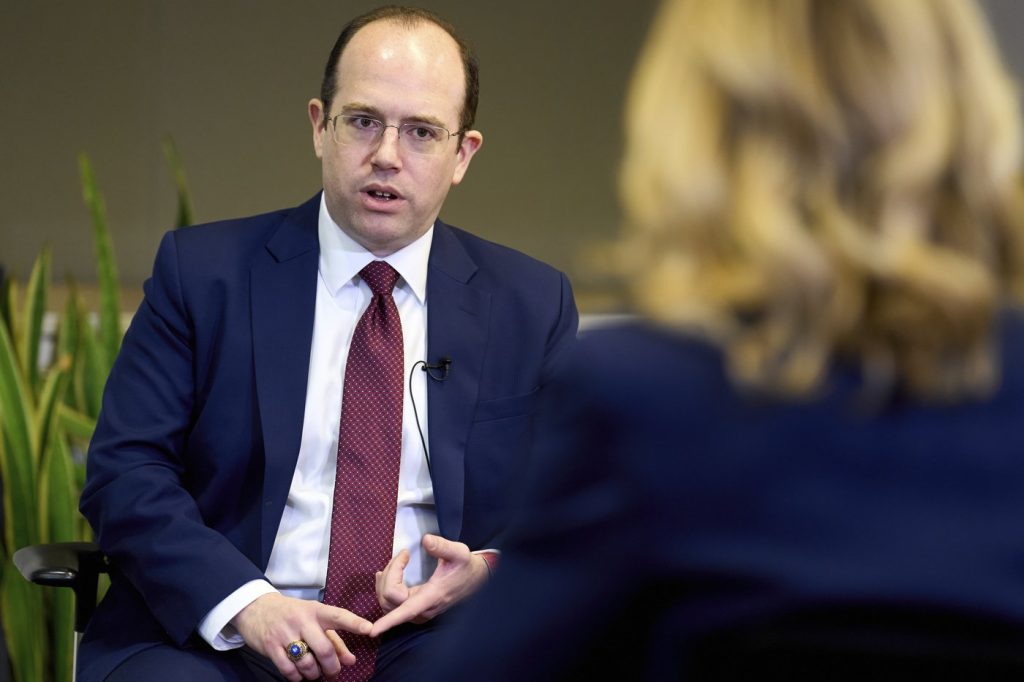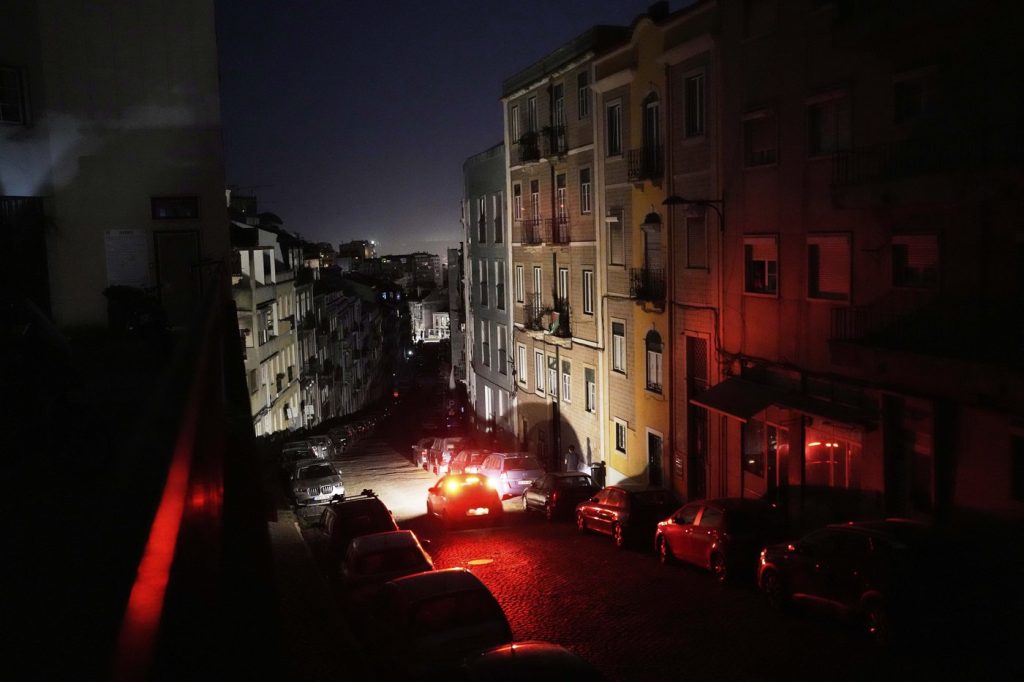Michael Romano, who worked for over 17 years at the Justice Department, has expressed deep concern over the implications of former President Donald Trump's pardons relating to the January 6 Capitol riot. Romano, who rose to the position of a supervisor prosecuting over 1,500 individuals for their roles in the attack, left the department shortly after the pardons were issued on January 20, which he described as a pivotal moment for his decision to resign. He felt it was untenable to remain in an environment where such significant actions could erase the efforts related to the largest investigation in the department's history.
In a recent interview, Romano conveyed his apprehensions that Trump’s pardons could have a dangerous impact by emboldening right-wing extremists and potentially inciting further political violence. He stated that these pardons send a message to those who might consider committing similar acts: that if they support the president and engage in violence, they could be insulated from legal consequences. Romano reflected on how the pardons seemed to reassure January 6 defendants and right-wing extremists that their actions could be overlooked if aligned with Trump's political stance.
Romano is not alone in his feelings; he is among numerous Justice Department lawyers who have resigned or been dismissed since the new administration took over, resulting in considerable changes that align the agency's priorities with those of Trump. For many, especially those involved in the prosecution of the January 6 attack, the swift transformation has been jarring. As a former deputy chief of the Capitol Siege Section, Romano witnessed firsthand the violent events of January 6, 2021, and felt a profound obligation to ensure justice for what he termed a "crime of historic proportions."
Joining the Justice Department straight out of law school in 2007, Romano has been exposed to numerous high-stakes cases. He recalled watching the riot as it occurred, swiftly determining that he wanted to contribute to the prosecution of this unprecedented attack on the Capitol. Trump's pardons, he argued, represent an attempt to rewrite the historical narrative surrounding the events of January 6. The former president has consistently downplayed the violence that left over 100 police officers injured and characterized the rioters as victims of political persecution.
Surprising many, Trump's sweeping pardons came despite earlier statements suggesting a more individualized approach to clemency for the January 6 defendants. His proclamations included claims that the prosecutions represented a “grave national injustice” and framed the pardons as a step towards “national reconciliation.” The pardons led to the release of various figures, including founders of far-right extremist groups guilty of conspiratorial violence aimed at obstructing a peaceful transition of power, along with rioters who committed violent acts against law enforcement officials.
Trump has defended his decisions by asserting that the penalties imposed on the January 6 participants were unjustly severe, maintaining that many of these individuals “actually love our country.” Romano countered this narrative by emphasizing that the defendants received the full measure of rights guaranteed under the American justice system. He critiqued the notion that they were unfairly treated, noting that the evidence against many was unequivocal, as many defendants had recorded their criminal actions.
Despite the atmosphere surrounding the pardons, Romano remains steadfast in his belief that the work conducted by the Capitol Siege Section plays a crucial role in maintaining an accurate historical record of January 6. He expressed the importance of preserving the truth of the day against ongoing efforts to distort it for personal gain, highlighting that the significance of the prosecutions should not be overlooked in light of Trump's attempts to delegate blame and redefine the narrative surrounding the attack.












